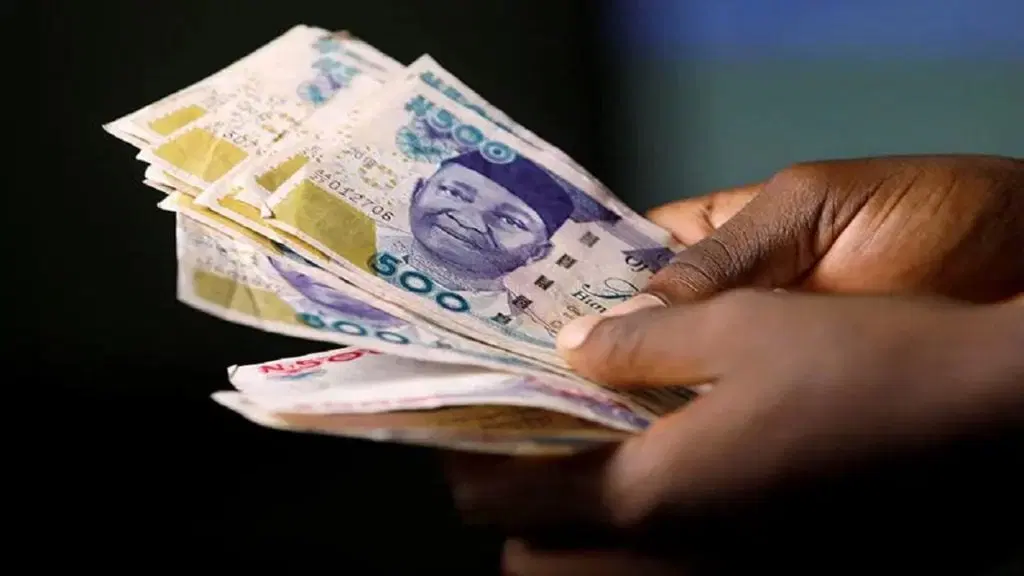In a statement, the depositors expressed frustration that despite previous assurances from the CBN that the bank was not in distress, they have been unable to access their funds.
The situation, according to them, has led to widespread economic hardship with businesses shutting down, life savings crumbling, and daily expenses coming to a standstill.
The statement reads, “Some depositors have died from heart attacks, while others are hospitalized. We are at a loss, and our families are suffering.
“We are perplexed by the action exhibited by the CBN after Unity Bank merged with Providus Band, which ensured a smooth transition of depositors. We are aware that First Bank was paid N460b of its deposits in Heritage Bank before its liquidation. Why should we be treated differently, subjected to an everlasting process to recover our funds from the sale of Heritage Bank’s properties?
“We plead that you intervene by advising CBN to pay all depositors in full without further delay. Advise that a few other banks absorb the depositors while ensuring a smooth transition as was done in the case of Unity Bank and Providus Bank.
“Utilize Heritage Bank’s reserve ratio to settle depositor’s claims. Treat depositors equally as was done with First Bank and verify NDIC’s claim of paying the insured sum to 85% of depositors and ensure prompt payment to all eligible depositors.”





























